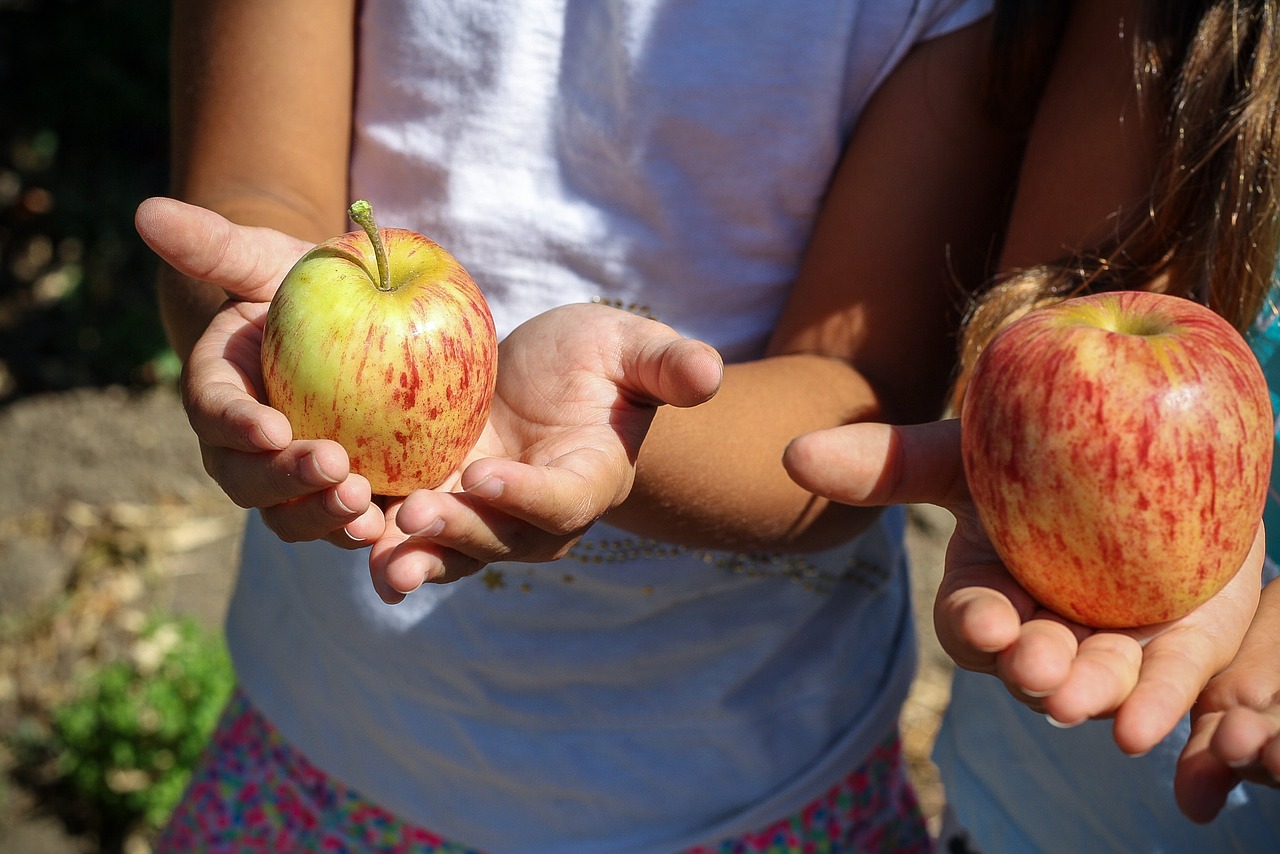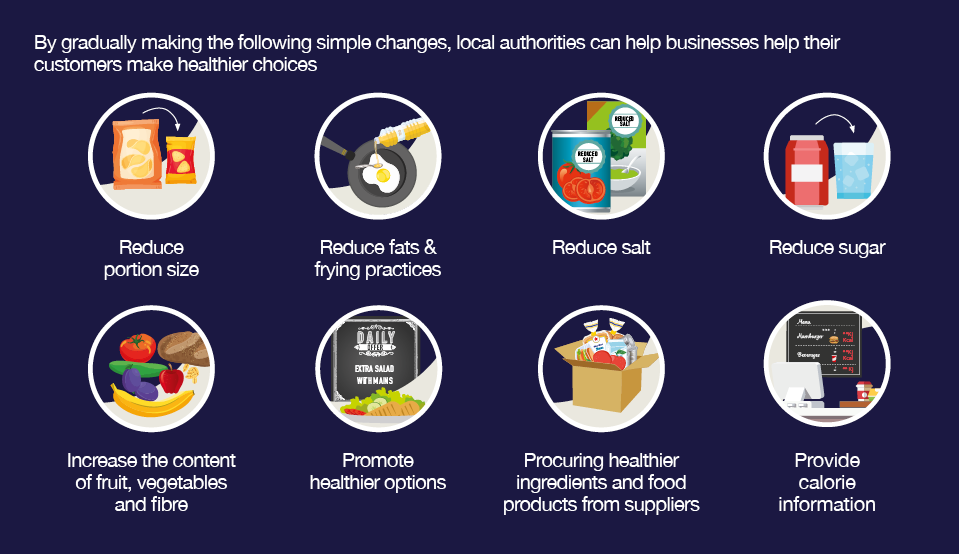
Obesity is one of the greatest contributors to early death and disability in England and nearly a third of children are at risk of poor health in later life due to their weight.
Recently we published baseline data and guidelines for industry to remove 20% of sugar from the foods most popular with children by 2020, marking a key milestone in the delivery of the Government’s childhood obesity plan.
Our sugar reduction programme has been developed in discussion with the food industry, trade bodies, and NGOs, and we want 2017 to be the year that the food industry gets serious about sugar, including out of home businesses such as restaurants and takeaways.
The programme is just one part of a broader strategy across Public Health England to support children and families to maintain a healthy weight and enjoy a healthy, balanced diet.
Tackling obesity and the impact it has on the health of children and families, our health service and the wider economy, requires a coordinated approach right across the system. In this blog, I want to highlight five different ways that we are working with local and national partners to tackle obesity and how local authorities, health professionals and members of the public can all make a difference.
1) Numbers game
Knowledge is power – and the data that we collect and share can encourage individuals and families to eat more healthily. The evidence shows that, as being overweight becomes the norm, parents and even health professionals struggle to identify overweight children by sight alone.
Our National Child Measurement Programme (NCMP) measures the height and weight of children in reception class and year 6, and sends non-judgemental and confidential feedback to parents.
It is from this world-leading data that we know that a third of 10 to 11 year olds and a fifth of 4 to 5 year olds are overweight or obese, underlining just how much more needs to be done and allowing us to measure progress over the coming years.
2) Healthier choices for children
As a nation, we are eating too much saturated fat, salt and sugar and consuming far too many calories. We have a duty to communicate this to the public, but also to support children and families to eat more healthily and get more active.
Our Change4Life programme has developed the Be Food Smart app which people can use to scan the barcode of thousands of everyday food and drink products and find out how much sugar, saturated fat and salt they contain. The aim is to make it easier for parents to choose healthier options, as part of a wider campaign to encourage families with children aged 5-11 to eat well, move more and live longer.
3) A local perspective
We also provide data to help local areas commission the right services and interventions and ensure local environments support healthier choices.
The increasing consumption of out-of-home meals is one of the key factors contributing to rising levels of obesity, and PHE has produced graphics showing the density of fast food outlets by local authority and the relationship between this and area deprivation.
We also provide the latest data on adult excess weight and physical activity levels, broken down by local authority, to support local areas to identify local need and target services and interventions.

4) Support for professionals
The evidence for a healthier diet is compelling, but our environment, and particularly the ready availability of calorie-rich food, makes it much harder for people to make healthier choices.
The March edition of Health Matters and our toolkit on strategies for encouraging healthier out of home food provision provide support for local areas to improve the food environment so that healthier options are accessible, available and affordable.
We are also working with national and local partners to explore what works locally to tackle obesity across the system, and our NHS Health Check programme gives health professionals in a range of different settings the opportunity to refer people who are overweight to support services.
5) Making a difference in mid-life
More than 60% of adults are overweight or obese, and supporting people to eat healthier foods and achieve a healthy weight is important not just for their own health, but to help overweight parents encourage their children to eat well and be a good role model.
Our One You campaign provides a quick and easy way for adults to find out how they could improve their diet and get more exercise, with links to healthy recipes and the Easy Meals App and help to get off the sofa and into running with Couch to 5k.
At the heart of all this work is the undeniable fact that a third of children leave primary school overweight or obese, with higher risk of poor health and other problems later in life. They are also at risk of being bullied at school and no parent wants that for their child.
The Government’s childhood obesity plan is world-leading and, importantly, is just the start of the conversation. National and local government, industry, schools, the NHS and the general public all have their part to play – and we must all reach further and faster to achieve long-term, sustainable change.
You can download graphics on obesity and the health environment for use in presentations and on social media from the latest Health Matters here.
